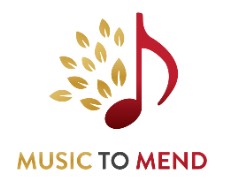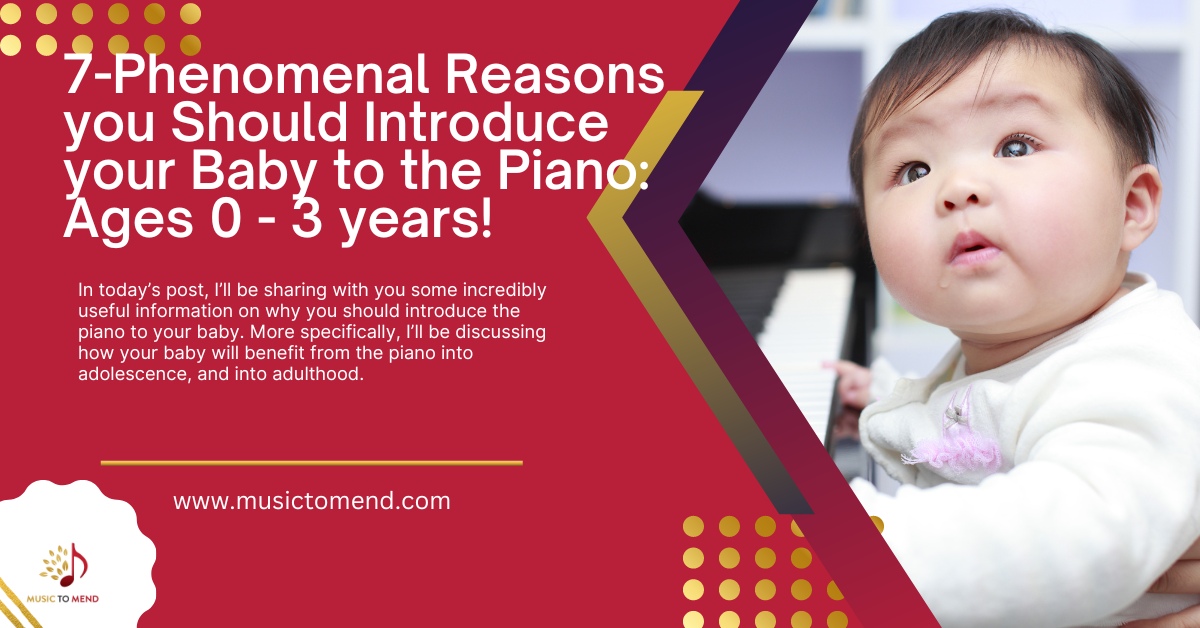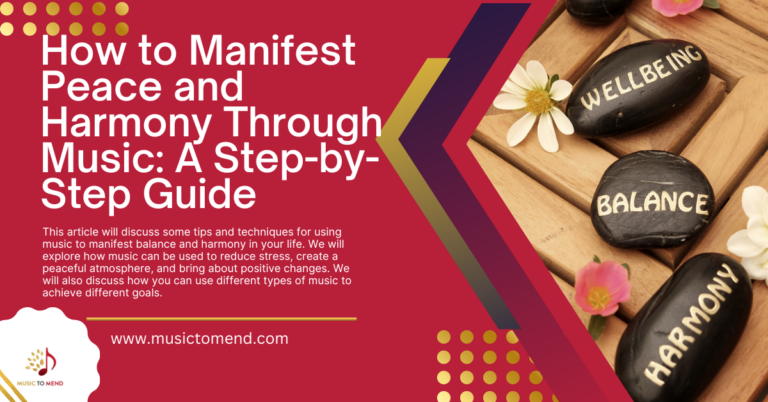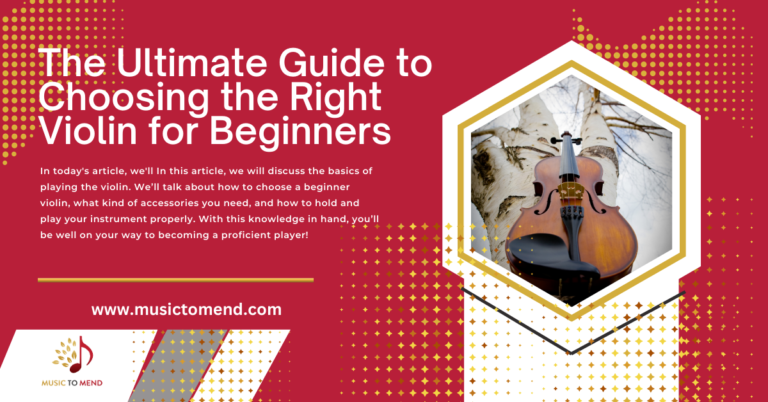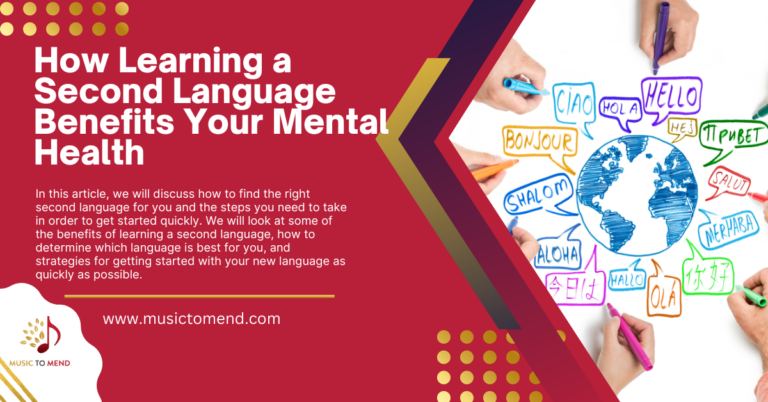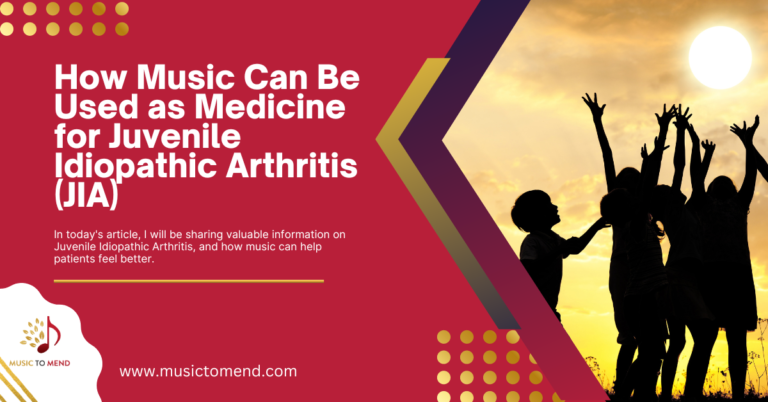7-Phenomenal Reasons you Should Introduce your Baby to the Piano: Ages 0 – 3 years
In today’s post, I’ll be sharing with you some incredibly useful information on why you should introduce the piano to your baby. More specifically, I’ll be discussing how your baby will benefit from the piano into adolescence, and into adulthood.
There is no definitive age to start that is right for everyone. In my personal opinion, it’s perfectly fine to introduce your baby to a piano or keyboard, to get them acquainted with the actual instrument.
Babies learn largely through their senses: Their eyes, ears, nose, hands, and mouth are their tools. As babies grow, they learn to use their bodies to make discoveries. They begin to reach and grasp, which allows them to explore items, (pianos and keyboards included) in new ways.
If you already have a piano, now’s a perfect time to put your baby on your lap and slowly introduce them to the piano keys. I suggest doing this exercise around 3 or 4 times a week, about 15 minutes each session.
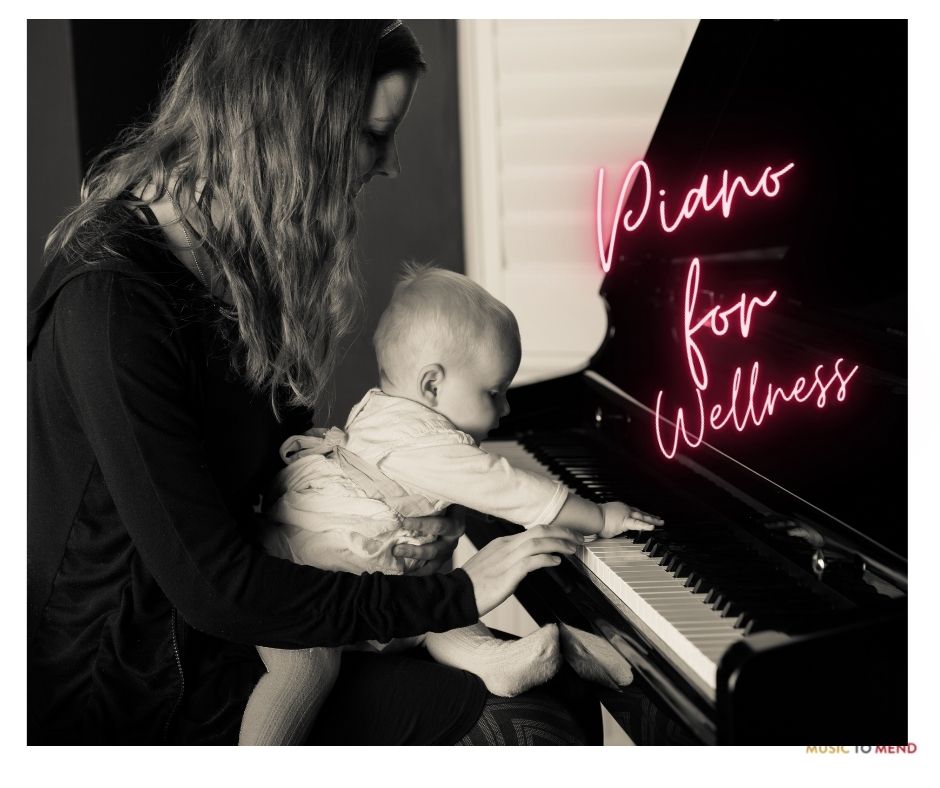
If you don’t already own a piano or keyboard, check this one out: Melissa & Doug Learn-To-Play Piano With 25 Keys. It’s colorful and will certainly keep your baby’s attention. Disclosure: Some of the links in this article may be affiliate links, which can provide compensation to me at no cost to you if you decide to purchase a paid plan.
I introduced both of my children to the piano when they were babies. They both play the piano and my son also plays drums and guitar.
Here are 7 phenomenal reasons you should your baby to the piano: Grab your favorite beverage and…let’s dive in!
- Auditory Skills: Children learn to discern musical elements through ear training, linking what they see on the page and feel with their hands with what they are hearing. This is an invaluable advantage in language skills.
- Language Skills: The Mozart Effect has opened many avenues of music education for children in relation to other disciplines. In studying music, children become more aware of pitch differences, which, it turns out, is crucial in learning to speak and sound out words when reading.
- Math Skills: In study after study, students who have piano lessons and other music training do better in counting and in math. Part of this is due to the meter and progressive fractions of written music. But more importantly, students learn to read with a steady beat and a sense of the duration of sound in time – both abstract notions. This develops the brain, giving the child a larger capacity for understanding mathematical concepts.
- Academic Success: Children who play the piano are usually more successful in other subjects such as language arts and math. The experience with left-to-right reading, symbol recognition, and problem-solving translates to other skills in reading.
- Patience: Children learn, when playing the piano from an early age, to be patient with their own learning process, as well as with receiving instruction. They also learn to accept mistakes and learn from them.
- Discipline: Kids who take piano lessons show an understanding of self-discipline and tend to be more organized. They have learned that hard work has rewards.
- Confidence: Kids learning piano at a young age demonstrate more confidence in their abilities. This is partly because they have had experience in receiving correction followed by immediate reinforcement of correct performance. Students learn that they can learn even if they make mistakes. They find satisfaction in overcoming difficult obstacles, and they learn leadership skills when performing in recitals.
Music has been used in healing for centuries; if your baby has an illness or disability, introducing them to the piano will be a great way for you to show your love for their well-being.
As parents, we are responsible for ensuring our babies grow up to be happy and healthy adults. At Music to Mend, I can help you learn music and piano skills so you’ll be able to teach and guide your baby. Or, I can teach you how to play easy lullabies to sing to your baby to calm them.
If you want to learn more about different diseases and conditions that could affect your child, click here:: Information on Diseases & Conditions for Parents with Infants & Toddlers (Ages 0-3)
Bonus Tip: How about introducing your baby to another language in tandem with playing the piano? Here at Music to Mend, I also teach lullabies and songs in other languages, i.e., Spanish, German, Italian, French, and Portuguese. In a future post, I’ll write about the benefits of teaching your baby more than one language. Stay tuned for that blog post as the information will be informative!
If you don’t yet have a piano, here’s a sweet lullaby you can play for your baby:
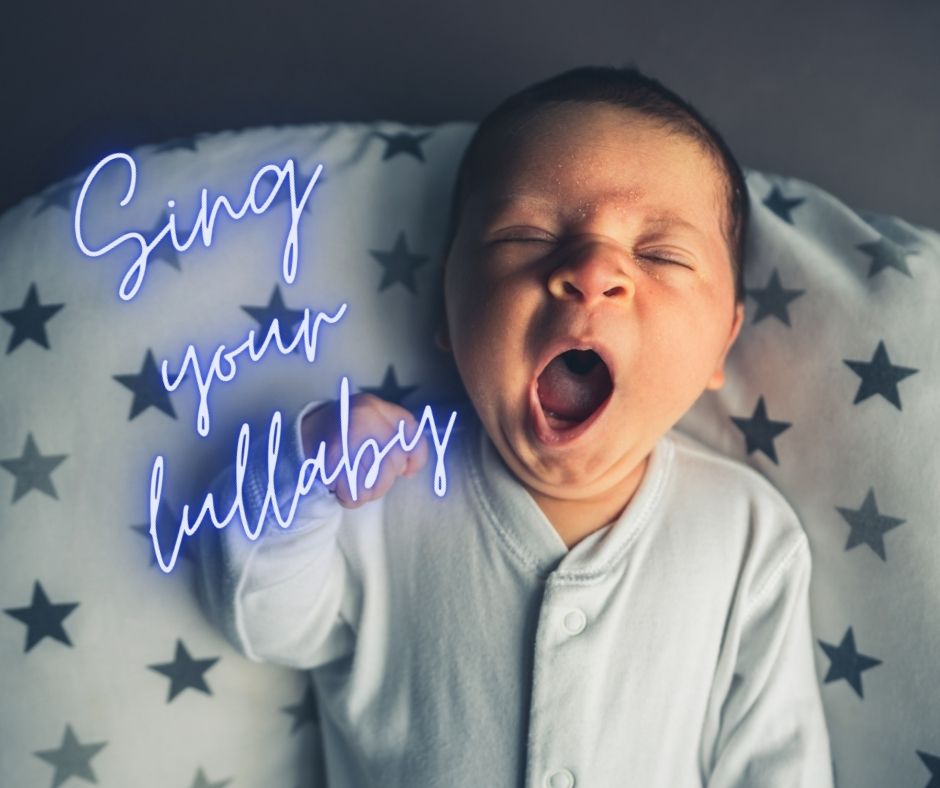
Additional information and recommendations. In addition to the piano, I also recommend this musical instrument set for toddlers ages 1 – 3: Toddler Musical Instruments
Here’s an adorable crib mobile that has lovely music: Baby Crib Mobile with Lights and Relaxing Music
Here’s a lovely piano mat for babies: Musical Mats Keyboard Piano Play Mat
Bilingual Spanish music book: Coco Learns Spanish Vol. 2 | Musical Spanish Book & Bilingual Toy for Toddlers & Babies
Disclosure: Some of the links in this article may be affiliate links, which can provide compensation to me at no cost to you if you decide to purchase a paid plan.
Any type of music and/or new language you can introduce to your baby is beneficial for their well-being, development, and future learning experiences.
Until next time, happy piano playing!
